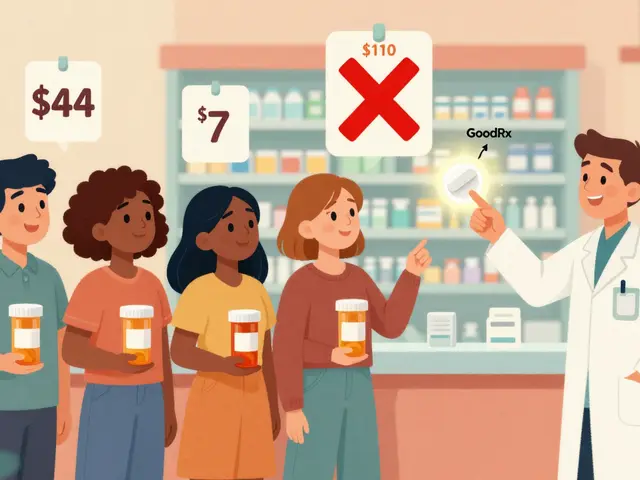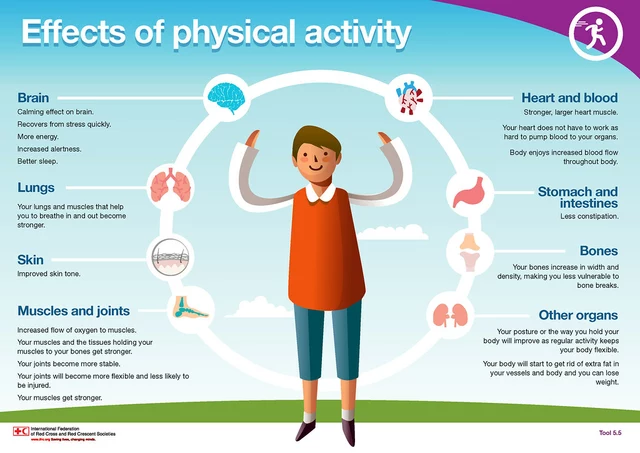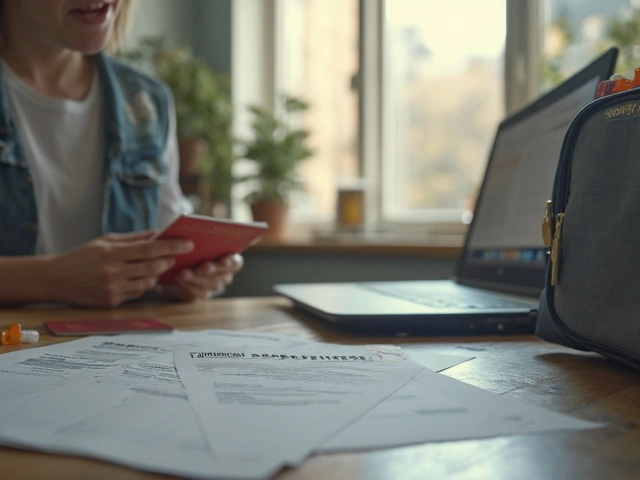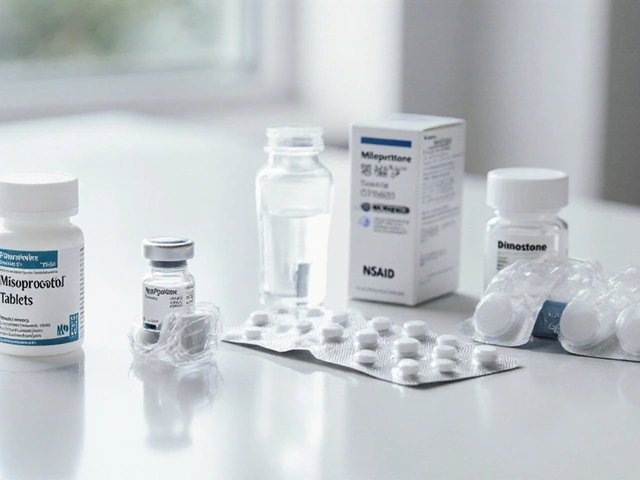Liver Toxicity: What It Is and How to Guard Your Liver
When you hear "liver toxicity" you might think of a scary medical term, but it’s really just the liver getting hurt by something. Your liver works nonstop to clean your blood, store energy, and produce important proteins. When it’s overwhelmed, it can start to malfunction, and that’s liver toxicity. Understanding the basics helps you catch problems early and keep your liver humming.
Common Causes of Liver Toxicity
Lots of everyday things can stress the liver. Prescription meds like acetaminophen (Tylenol) are a top offender – one extra dose can push the liver over the edge. Antibiotics, anti‑seizure drugs, and some cholesterol medicines also carry a risk. Over‑the‑counter supplements aren’t always safe either; high‑dose herbal extracts, especially those with kava or comfrey, can be harsh.
Alcohol is the classic culprit. Even moderate drinking adds extra work for the liver, and binge drinking can cause sudden injury. Viral infections such as hepatitis B and C directly attack liver cells. Finally, metabolic conditions like fatty liver disease, often linked to obesity, can turn into toxic inflammation over time.
Spotting Early Signs and Getting Help
The liver is good at hiding trouble, so you might not feel anything until damage is serious. Look out for yellowing of the skin or eyes (jaundice), dark urine, or pale stools – these are warning lights. Unexplained fatigue, loss of appetite, or a feeling of fullness in the upper right belly can also mean the liver’s under stress.
If any of these pop up, see a doctor right away. Blood tests (ALT, AST, bilirubin) are quick ways to check liver function. In many cases, stopping the offending drug or cutting back on alcohol lets the liver heal. Your doctor might suggest a liver‑friendly diet full of leafy greens, berries, and lean protein, plus plenty of water.
Prevention is easier than cure. Always follow dosage instructions on meds and never mix alcohol with acetaminophen. When you start a new prescription, ask your pharmacist about liver risk and whether blood tests are needed. If you use supplements, choose reputable brands and stick to recommended amounts.
Lifestyle tweaks make a big difference. Regular exercise helps reduce fatty liver buildup. Aim for at least 30 minutes of moderate activity most days. Keep your weight in a healthy range, and limit sugary drinks – excess sugar can turn into fat in the liver.
In short, liver toxicity isn’t a mystery you have to live with. Knowing the common offenders, watching for subtle signs, and acting quickly can keep your liver safe. Keep these tips handy, and you’ll give your liver the best chance to stay strong and keep doing its vital jobs for you.
2
Hound’s Tongue Supplement: Benefits, Risks, and Safe Alternatives (2025 Guide)
Curious about Hound’s Tongue supplements? Get the truth on benefits, serious liver risks, legal status in Australia, and safer science-backed alternatives.
Latest Posts
Popular Posts
-
 Accidental Pediatric Medication Overdose: How to Prevent It and What to Do If It Happens
Accidental Pediatric Medication Overdose: How to Prevent It and What to Do If It Happens
-
 Enteral Feeding Tube Medication Safety: Compatibility and Flushing Protocols Explained
Enteral Feeding Tube Medication Safety: Compatibility and Flushing Protocols Explained
-
 Out-of-Pocket Costs: How Generics Cut Your Drug Bills - and When They Still Hurt
Out-of-Pocket Costs: How Generics Cut Your Drug Bills - and When They Still Hurt
-
 Extended Use Dates: How the FDA Extends Drug Expiration Dates During Shortages
Extended Use Dates: How the FDA Extends Drug Expiration Dates During Shortages
-
 Meniere’s Diet: How Sodium Restriction and Fluid Balance Reduce Vertigo and Hearing Loss
Meniere’s Diet: How Sodium Restriction and Fluid Balance Reduce Vertigo and Hearing Loss



